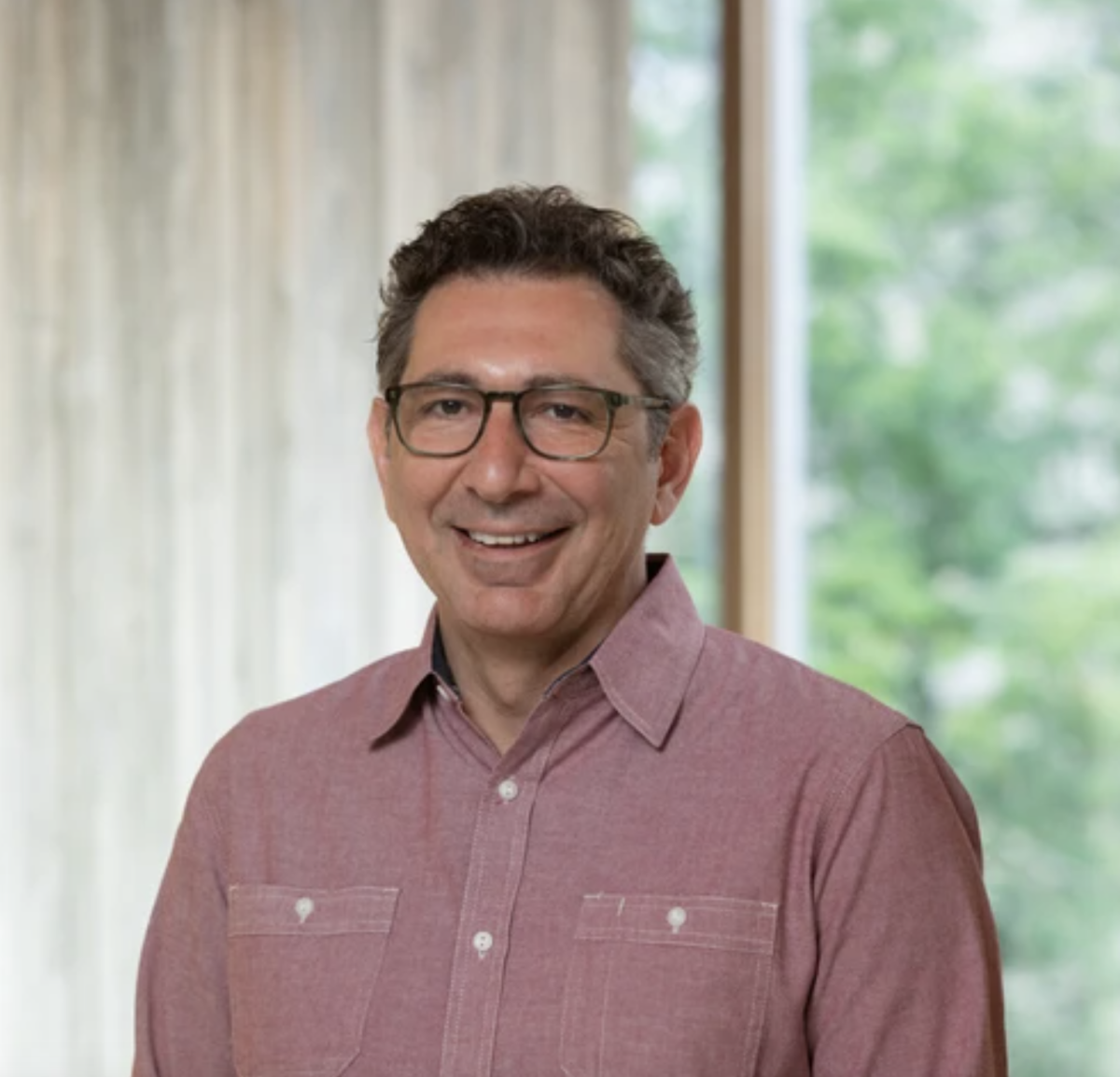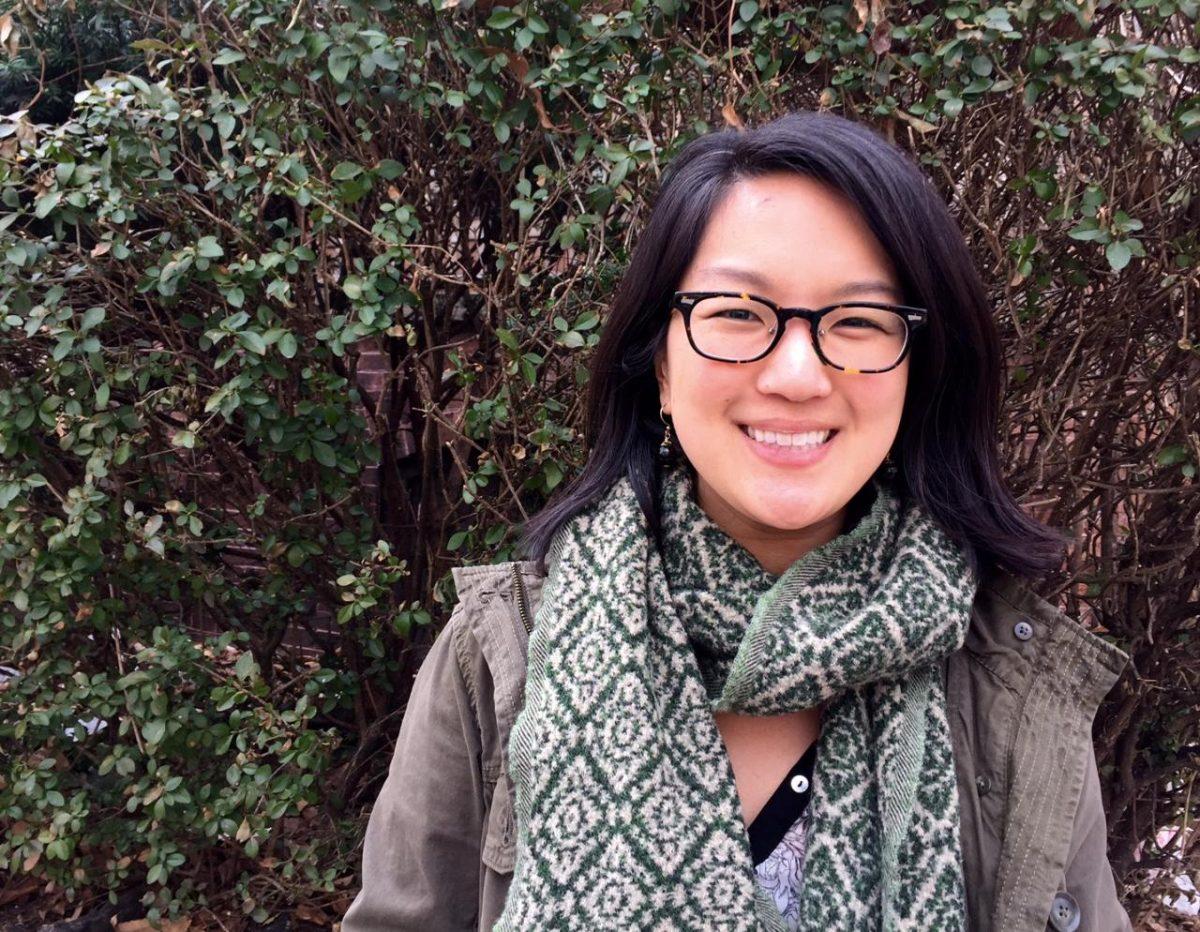This fall, Wellesley College’s music department welcomes Reinaldo Moya, a new associate professor of music. This semester he is teaching two music courses: “Composition” and “Harmonic Concepts in Tonal Music.” So far he described being “really happy” with Wellesley, although he admitted to being a little intimidated at first, especially after watching the infamous Wellesley movie: “Mona Lisa Smile.”
Moya’s exposure to music started practically before he was born, and he describes being carried along to his three older brothers’ music classes, where he was promptly equipped with a violin as soon as he could carry it, and he says “the rest is history.” As a child, in his hometown of Caracas, Venezuela, he was part of a music program that he credits with inspiring him to become a teacher.
“This wonderful program that brought music education, brought access to music lessons and music ensembles and performances to people of all backgrounds and socioeconomic status. And so part of the tenets of [the program] is this idea of teaching peer education. So as you move through the ranks, as you get better at music then it’s incumbent upon you to pass on the knowledge and that experience to the generations that come after you. The teaching portion of music making was always to me seen as one part of the whole package of being a musician. That’s what it meant to be not just a musician, but a musical citizen is the responsibility that we have to pass on that knowledge and experience,” said Moya.
As a professor, Moya draws from his own experiences of being a student, hoping both to emulate and improve upon how he was taught.
“In some ways what you’re trying to do as a teacher is to both imitate the great teachers that you had and then correct or reframe the less than great teachers that you had. And so you’re hoping to do better or to at least continue that tradition that was given to you, the world of knowledge to which you were introduced at some point,” said Moya.
When choosing Wellesley College, Moya noted the reputation of the school, the genuine interest students bring to the classroom, as well as benefits of being near Boston, both personally and professionally.
“It’s a fantastic school with terrific students. Students that really want to learn, that are curious, that want to engage, that are perfectly happy to sit in a room and go down the various rabbit holes of things … It’s in the Boston area, which has some of the best music making in the country, we can have access to all of these amazing world class musicians and acts coming through and participate in the music making that happens right here. There’s also some family connection. My wife grew up in Massachusetts, was born in Boston. Her mother and her grandmother actually went to Wellesley … Wellesley has been a legendary name on her side of the family. And her parents are two hours away in the western end of the state and that matters. We have two little children, we really have to be able to have family closer by … Having lots of friends and connections in the New York/Boston area, it’s nice to have opportunities for collaboration and further growth that are a little bit closer,” said Moya.
As a professor, Moya explains that his favorite aspect of the job are the “moments of discovery,” which he recalls being his favorite on the student side of the experience too.
“Finding those moments with the students where things click or where there is an idea introduced that’s totally novel to them and they can frame their experience in a different way … Or to wrap your head around what you thought was a complex concept, if explained correctly and properly maybe it’s not so complex. Or maybe it is complex, but it’s beautiful in that complexity. Can we talk about that beauty? … Somebody asked me at the end of class today “Why is music so hard?” It’s made by humans … we are full of contradictions. These things have been evolving and changing and not changing for hundreds, if not thousands, of years and it bears that history and that messiness and the contradictions within it and the redundancies in those systems. They can be frustrating, but they can also bear the fingerprints of our humanity and discovering those, pointing those out and bringing a shred of clarity into some of the discussions is very fascinating for me,” said Moya.







